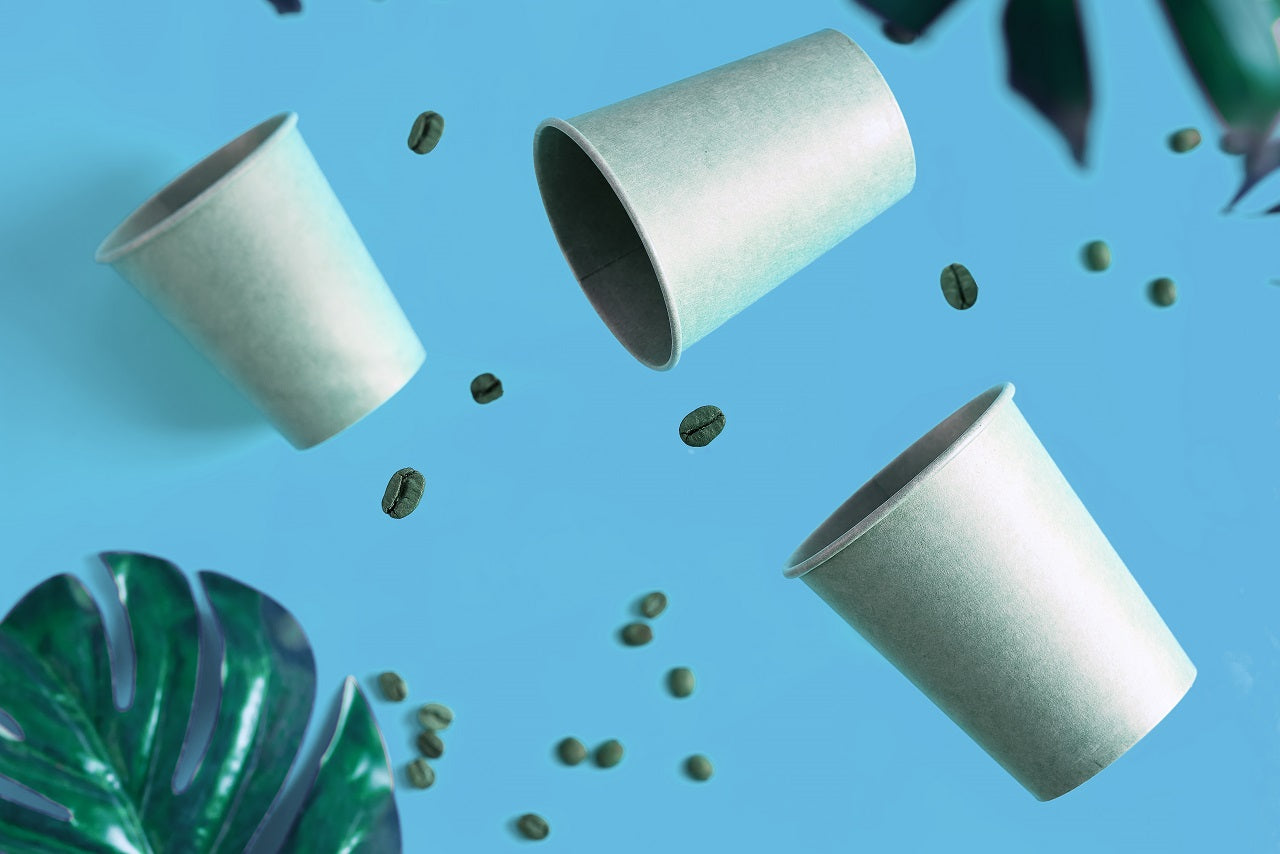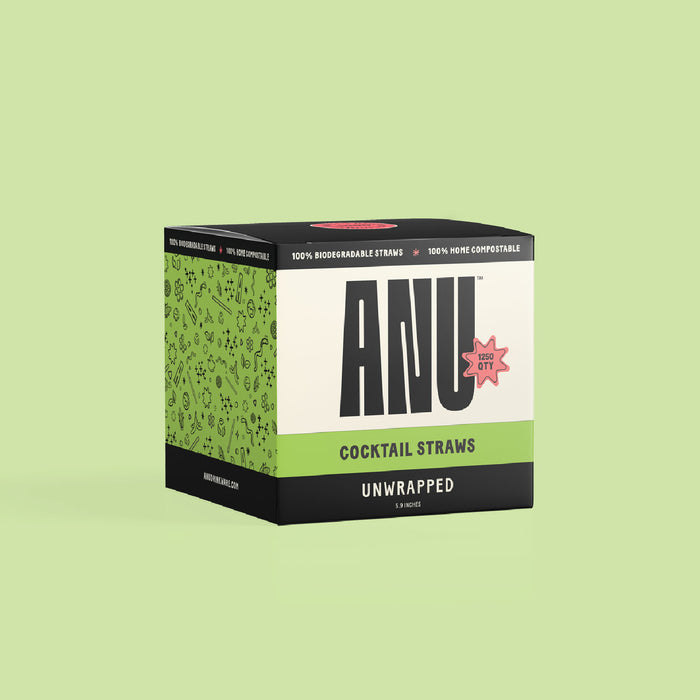

Understanding Biodegradability in Compostable Drinkware and Straws
As the world grapples with the adverse effects of plastic pollution, the need for sustainable alternatives to traditional, single-use plastic products is becoming increasingly apparent. Compostable drinkware and straws made from eco-conscious materials like PHA are gaining traction as viable, earth-friendly options that satisfy the demand for disposable convenience without the negative environmental impact. No plastic, just fantastic!
To fully appreciate the benefits of compostable drinkware and straws, it's important to understand the concept of biodegradability. What does it mean for a product to be biodegradable, and how does this process contribute to a cleaner, greener environment? In this insightful article, we'll dive into the science behind biodegradability, examining the factors that influence the rate at which a compostable item breaks down and the potential environmental advantages of choosing biodegradable alternatives in the food service industry. Consciously convenient.
The Science of Biodegradability: Break It Down
Biodegradation is a natural process wherein organic materials are broken down by microorganisms such as bacteria, fungi, and algae in the presence of oxygen, moisture, and warmth. These tiny organisms feast on the biodegradable material, releasing enzymes that break down complex molecules into simpler compounds. Eventually, the material is converted into CO2, water, and essential nutrients that can be absorbed by the soil, supporting plant growth and contributing to a closed-loop cycle.
Factors Influencing the Biodegradation Process
The rate at which a compostable item biodegrades is influenced by several factors, which include the following:
- Material Composition: The rate of biodegradation depends on the type of organic material in question. For instance, compostable straws made from PHA degrade rapidly due to their unique chemical structure, which allows for easy digestion by microorganisms. In contrast, conventional plastic straws can take centuries to break down.
- Environmental Conditions: Optimal temperature, humidity, and oxygen levels play a crucial role in the biodegradation process. Higher temperatures and ample moisture stimulate microbial activity, leading to faster degradation.
- Size and Surface Area: Smaller items with greater surface areas typically biodegrade more rapidly than larger items. This is because a larger surface area provides more opportunity for microbial attack and penetration.
- Microbial Community: The presence of a diverse and abundant microbial community is essential for effective biodegradation. Different microorganisms target various components of the material, working in tandem to break it down completely.
Compostable Drinkware and Straws: The Journey to Earth-Friendly Disposability
Compostable drinkware and straws, such as those made from PHA, are designed to biodegrade under specific composting conditions:
- Industrial Composting: Industrial composting facilities provide optimum conditions for rapid biodegradation. These facilities maintain consistently high temperatures, oxygen levels, and moisture, which promote microbial activity. Compostable drinkware and straws typically decompose within weeks or months in industrial composting environments.
- Home Composting: While compostable items can also biodegrade in home composting systems, the process is usually slower due to fluctuating environmental conditions and a less diverse microbial community. Nevertheless, the end result remains the same – compostable drinkware and straws will eventually break down, leaving behind no trace of harmful residue.
Why Choosing Biodegradable Products Matters
Opting for biodegradable alternatives like compostable drinkware and straws can significantly impact the environment and society at large:
- Reduce Plastic Pollution: By choosing biodegradable products, we can help curtail the buildup of single-use plastics in landfills and natural ecosystems, mitigating their adverse effects on both terrestrial and aquatic habitats.
- Conserve Resources: Compostable products made from renewable resources, such as PHA, are energy-efficient and generate lower greenhouse gas emissions during production compared to conventional plastics.
- Encourage the Circular Economy: Biodegradable products contribute to the circular economy by returning valuable nutrients to the earth, supporting plant growth, and reducing our dependence on synthetic fertilizers.
- Improve Brand Reputation: For businesses in the food service industry, adopting biodegradable alternatives can significantly enhance their image, demonstrating a commitment to sustainability and attracting eco-conscious consumers.
Embracing a Future of Sustainable Disposability
As our understanding of the science behind biodegradability expands and innovative compostable materials like PHA make their mark on the industry, it's becoming increasingly apparent that we can achieve a future of sustainable disposability. For businesses in the food service sector, this means integrating compostable drinkware and straws into their operations, playing an active role in combatting plastic pollution, and supporting a cleaner environment.
The path to a greener future starts with each of us as individuals and businesses making mindful choices. By prioritizing biodegradable materials and engaging the power of science, we can rewrite the narrative on single-use products and usher in a new era of sustainable, guilt-free consumption. Consciously convenient, every step of the way.
Get in touch with our team at Anu Drinkware for more information.



